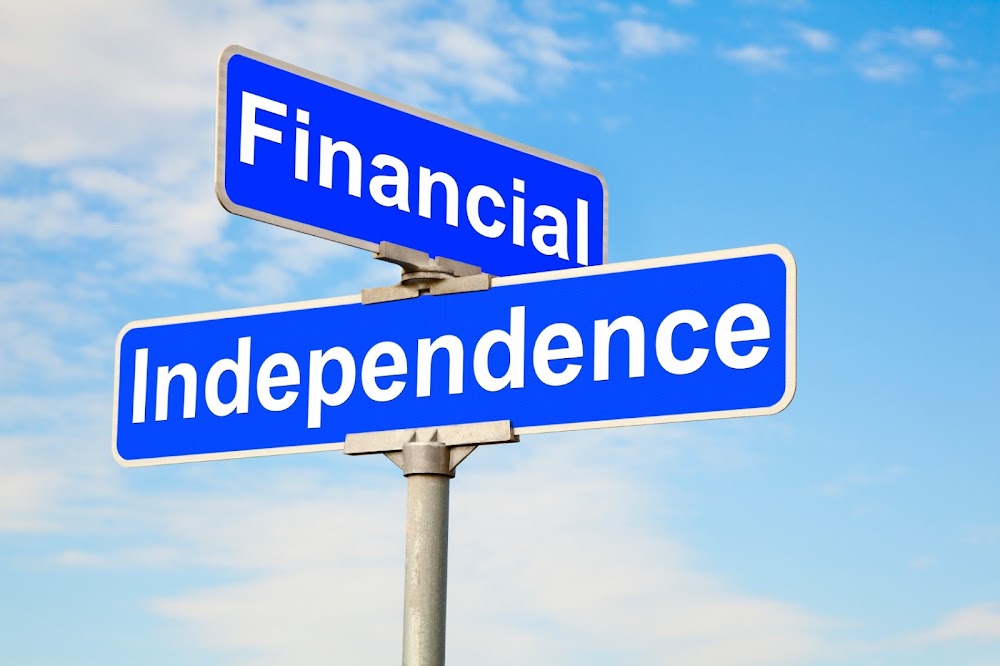
Economic self-sufficiency is when one does not work and has adequate financial capital or steady cash flow to support him. Although achieving financial independence early on is challenging, it is not an impossible goal with specific efforts. Below are some objective measures that can assist you in building a plan that will make you financially independent at an early stage.
1. Set Clear Financial Goals
The first thing that needs to be outlined and established is specific and realistic objectives. Find out how much you must put aside and also invest to be able to maintain the standard of living you want to have. Divide your goals into small and big ones, including needing a house, emergency funds, or early retirement. This way, your target will be well-defined, and this will help you know how to motivate yourself to get to that next level.
2. Live Below Your Means
Therefore, for anyone to make fast money, they must be ready to exhibit a frugal lifestyle. Said more simply, it implies living below one's means and avoiding the use of any pay increase to live a higher quality life. Effectively monitoring what one spends on will assist in the elimination of ‘’waste’’ expenditure. If you reduce your living expenses, you can make more money available for reinvestment and savings.
3. Build a Solid Emergency Fund

If you are considering going all out and investing, ensure you have an emergency fund as your base. This fund should be sufficient to cater for at least three to six months' expenses. An Emergency Fund helps you address various unplanned or unforeseen expenses, like a sudden hospital bill or even a car repair cost, without a need to touch your investments or take a loan.
4. Maximize Your Income
As you will hear so often, getting out of financial dependence early necessitates achieving the maximum level of income possible. Such a strategy entails that you work on getting a better job, promotion, or a better-paying position either as a corporate employee, freelancer, or contractor. Whether taking up side hustles, starting a business, or gaining an education to help land better-paying jobs, growing one's earning potential can help shorten the waiting time to becoming financially independent.
5. Invest Aggressively and Consistently
Nothing is more successful than investing and doing so aggressively and obsessed with creating wealth. If one invests early, their money can grow through compound interest for more years than the later investor. Concentrate on investing in low-cost index funds, stocks, and real estate. Invest obtained dividends and earnings to expand your portfolio at a faster pace. Invest automatically so that you do not find yourself without an investment at some point.
6. Pay Off High-Interest Debt
Credit creates constraints to achieving financial freedom, especially those that attract high interest rates, such as credit card balances. Next, embed yourself in paying off any debt that attracts high interest so that you do not lose your money to the interest rates. After paying off your loans, consolidate the money you used to repay them and channel it towards savings and investment.
7. Track Your Progress

The idea of performing a financial check now and then is healthy if you focus on attaining financial freedom. Use applications or financial tracking tools to track the savings rate and your returns on investments; you can track your spending habits. You might re-strategize if you have to to ensure the goals are achieved as planned and are on track. Recording your net assets also assists you in determining how close you are to attaining financial freedom.
8. Focus on Passive Income
Developing many passive income sources is always good since they create the foundation for financial freedom. Rain and pocket money are some examples of passive income, where a person does not have to work to earn it; it can come in the form of rent from a house or dividends from shares one has invested in, among others. If you have more than one income stream, you will always have enough to cater to your needs if your main job or business could be doing better.
Conclusion
Investing can be very tricky, but this is only because most people do not dedicate their energy to planning their finances from a young age. It also calls for identifying specific goals, living below your means, maximizing income, and getting maximum investments to create the platform to live any way you want. Begin by checking your current financial position, then use effective financial strategies related to your specific objectives.





